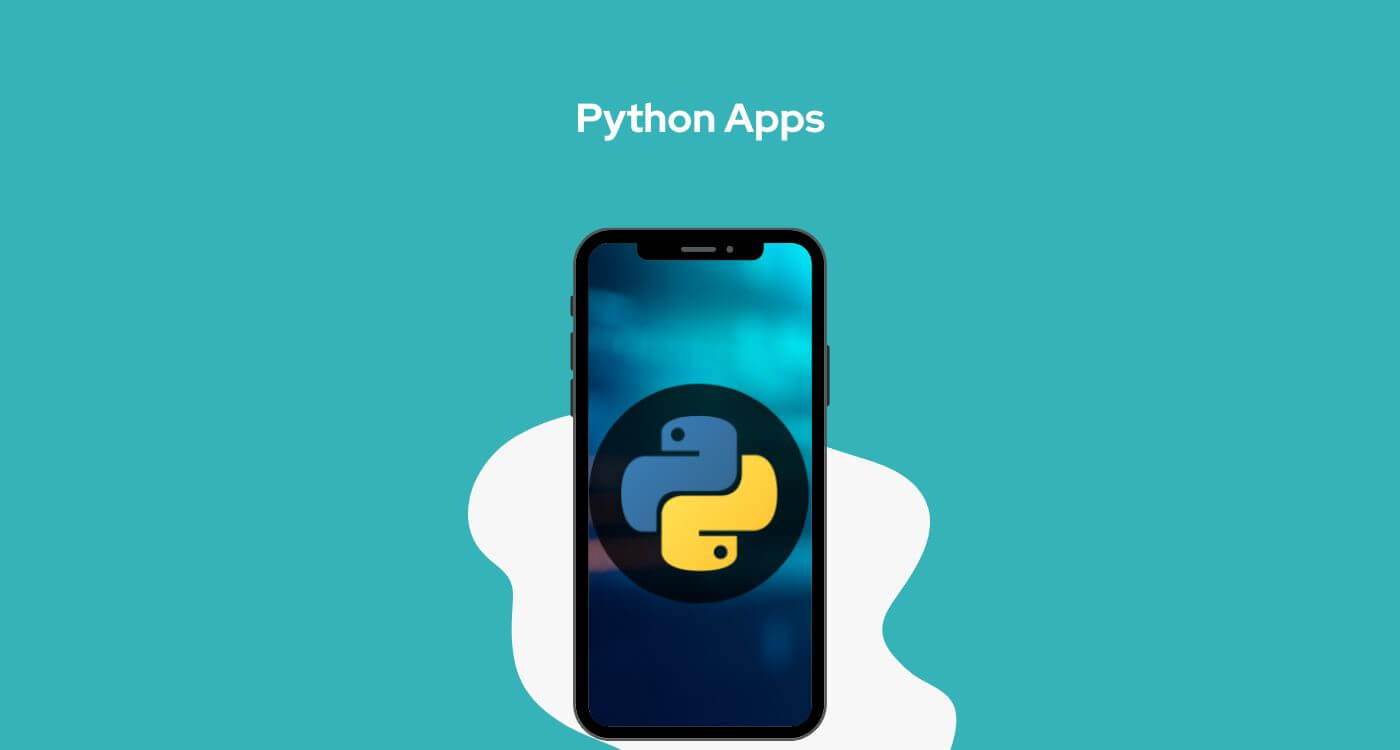


Have you ever wondered how to use Python for mobile app development? Python is a popular programming language that's becoming more and more popular for mobile app development. In this blog post, we'll discuss why it's such a great choice for mobile app development and give you an overview of the tools you can use to take advantage of it. So if you're interested in learning how to use Python for mobile app development, read on!
Python is a programming language with many characteristics, including an intuitive syntax and powerful data structures, which can lead to efficient code. It's no wonder that this, as well as experienced developers, are benefitting.
In the Python language, readability and explicitness are important. This means that code is easier to write and maintain. It can also be run on any platform without the need for compilation.
Python is an interpreted, high-level, general-purpose programming language created on December 3, 1989, by Guido van Rossum with a design philosophy entitled: "There's only one way to do it, and that's why it works."
In software engineering, Python is considered a scripting language because of its ease-of-use features and interactivity. Scripting languages are usually embedded in larger applications to automate tasks or extend the application's functionality. For example, a software developer could use Python to write scripts that automate testing or deployment processes.
Python is a versatile language that you can use for building different types of applications, including mobile apps. In this article, we'll show you how to use Python for mobile app development.
We'll cover the following topics:
If you're looking to develop a mobile application, Python is a great choice. It's a universal language that enables you to build different types of applications. Additionally, there are many tools and frameworks available to help you with your development process.
There are several reasons why you might want to consider using Python for your next mobile project:
Python is a high-level, interpreted, general-purpose programming language, created on December 3, 1989, by Guido van Rossum, with a design philosophy entitled, "There's only one way to do it, and that's why it works."
In the Python language, that means explicit is better than implicit. It also gives rise to the infamous Python telegraph pole analogy attributed to creator Guido van Rossum, which goes like this:
There is beauty in it, elegance in an all-numeric telephone keypad . . . I am attracted to the simpleness of a perfect poker face, and the serenity of perfect punctuation mark placement. Just as art is to be appreciated, comments to be enjoyed, and data to be played with, I enjoy reading Python philosophy.
Python is a powerful programming language that is widely used in many industries today. Python is easy to learn for beginners and has many modules and libraries that allow for robust mobile app development. However, there are some drawbacks to using Python for mobile app development that should be considered before deciding to use this language for your project.
Pros:
Cons:
In conclusion, Python is a powerful tool for developing mobile applications. Moreover, with the help of frameworks such as Kivy and BeeWare, you can easily port your code across multiple platforms to ensure that your app works on iOS and Android. So if you're looking to develop a quality mobile application without having to learn complex languages or go through complicated processes – give Python a try!
However, with the assistance of a reputable custom mobile development company, it becomes easier to design a powerful mobile apps with a suitable UI/UX. Contact us today and get a free consultation.